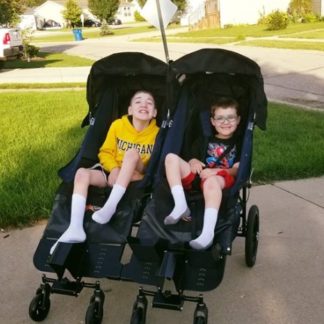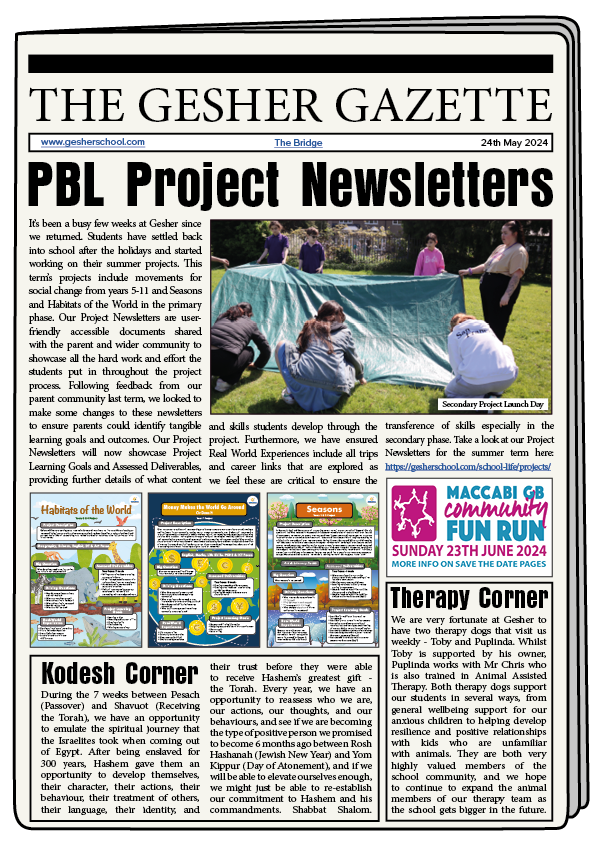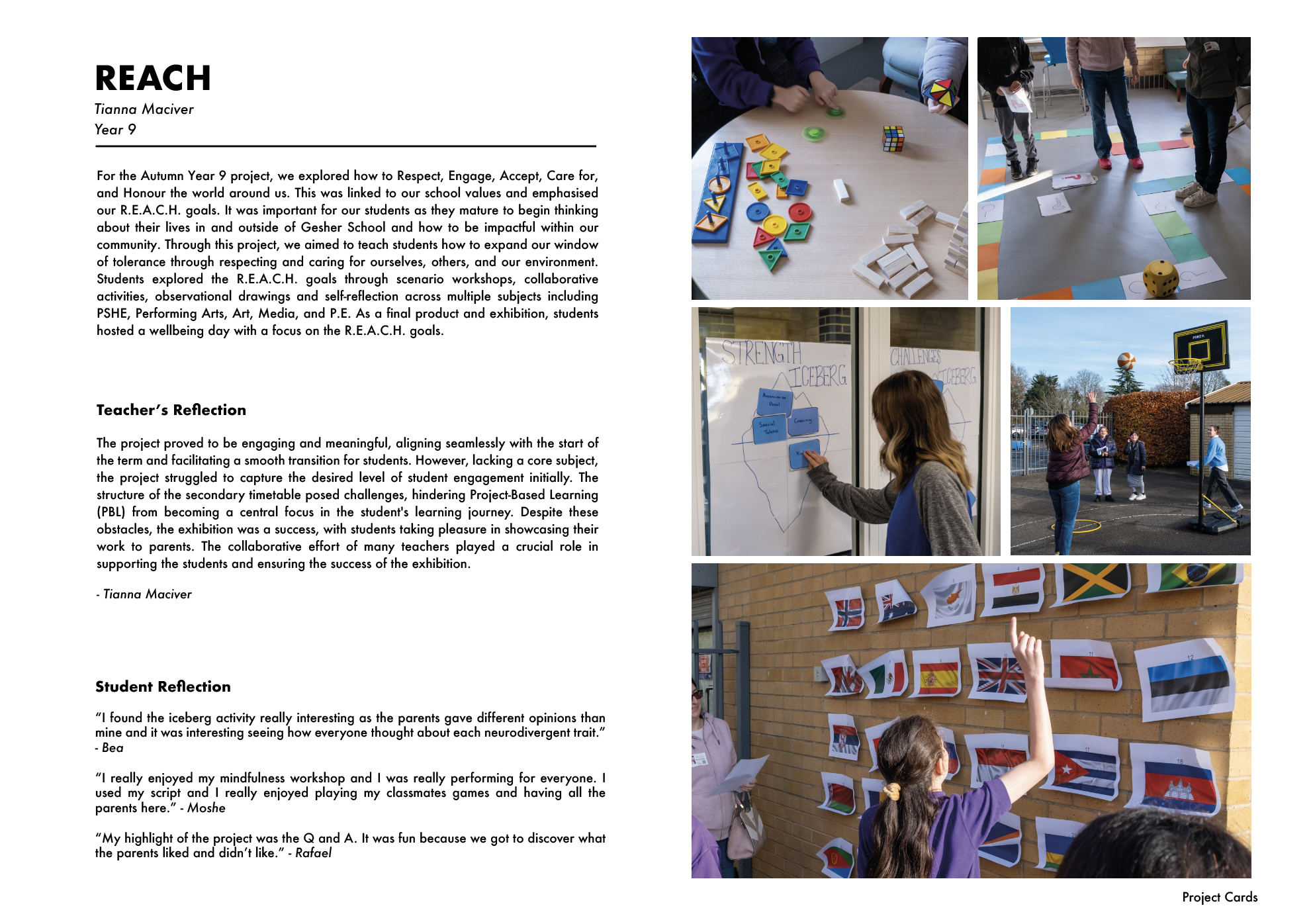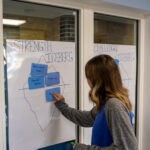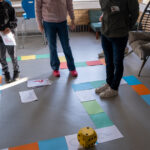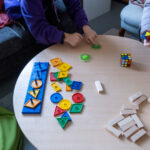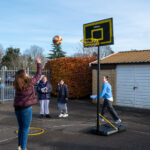This is a card game that supports attention, listening, vocabulary, and turn-taking. The linked version is the original, but various other versions can be purchased to support different vocabulary areas, or that are in line with your child’s interests e.g. there is a Harry Potter Dobble, Seaside Dobble, Paw Patrol Dobble. You can buy Dobble here.
This is a matching and memory game for early years. It supports turn-taking, memory, attention and listening and the development of grammar. Here is a link to where you can purchase the game.
STAMMA provides information, support, training, advocacy and community for people who stammer and their families. Learn about stammering, join campaigns, access services and connect with others who stammer. You can visit their website here.
These videos are excellent for early language development. They are very engaging for children and model important early language and concepts. This is useful for early years children who need support with their spoken language. Below is one of her videos but you can find the whole channel here.
Great sign-along stories made especially for SEN schools.
A charity that helps to buy SEN buggies, either a double buggy or single buggy. You can find out more about SEN buggies here.
Lego Therapy is a structured, play-based approach that uses LEGO building activities to promote social interaction, communication skills, and problem-solving abilities in children.
Read the latest Gesher Gazette below! Please click on the link below to view the video links.
Click on the link below to view the latest Gesher Gazette:
Read the latest Gesher Gazette below! Please click on the link below to view the video links.
Click on the link below to view the latest Gesher Gazette:
For the Autumn Year 9 project, we explored how to Respect, Engage, Accept, Care for, and Honour the world around us. This was linked to our school values and emphasised our R.E.A.C.H. goals. It was important for our students as they mature to begin thinking about their lives in and outside of Gesher School and how to be impactful within our community. Through this project, we aimed to teach students how to expand our window of tolerance through respecting and caring for ourselves, others, and our environment. Students explored the R.E.A.C.H. goals through scenario workshops, collaborative activities, observational drawings and self-reflection across multiple subjects including PSHE, Performing Arts, Art, Media, and P.E. As a final product and exhibition, students hosted a wellbeing day with a focus on the R.E.A.C.H. goals.
Teacher’s Reflections
“The project proved to be engaging and meaningful, aligning seamlessly with the start of the term and facilitating a smooth transition for students. However, lacking a core subject, the project struggled to capture the desired level of student engagement initially. The structure of the secondary timetable posed challenges, hindering Project-Based Learning (PBL) from becoming a central focus in the student’s learning journey. Despite these obstacles, the exhibition was a success, with students taking pleasure in showcasing their work to parents. The collaborative effort of many teachers played a crucial role in supporting the students and ensuring the success of the exhibition.”
– Tianna Maciver
Students’ Reflections
“I found the iceberg activity really interesting as the parents gave different opinions than mine and it was interesting seeing how everyone thought about each neurodivergent trait.” – Bea
“I really enjoyed my mindfulness workshop and I was really performing for everyone. I used my script and I really enjoyed playing my classmates games and having all the parents here.” – Moshe
“My highlight of the project was the Q and A. It was fun because we got to discover what the parents liked and didn’t like.” – Rafael

